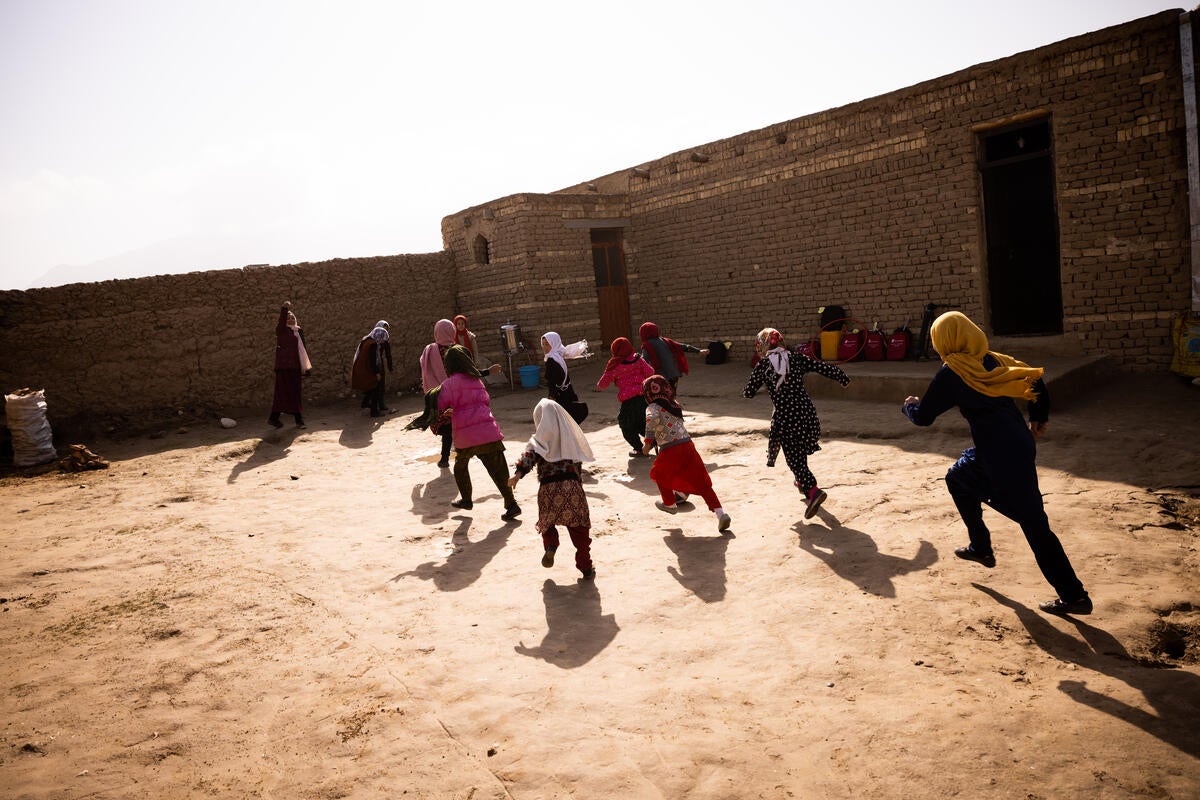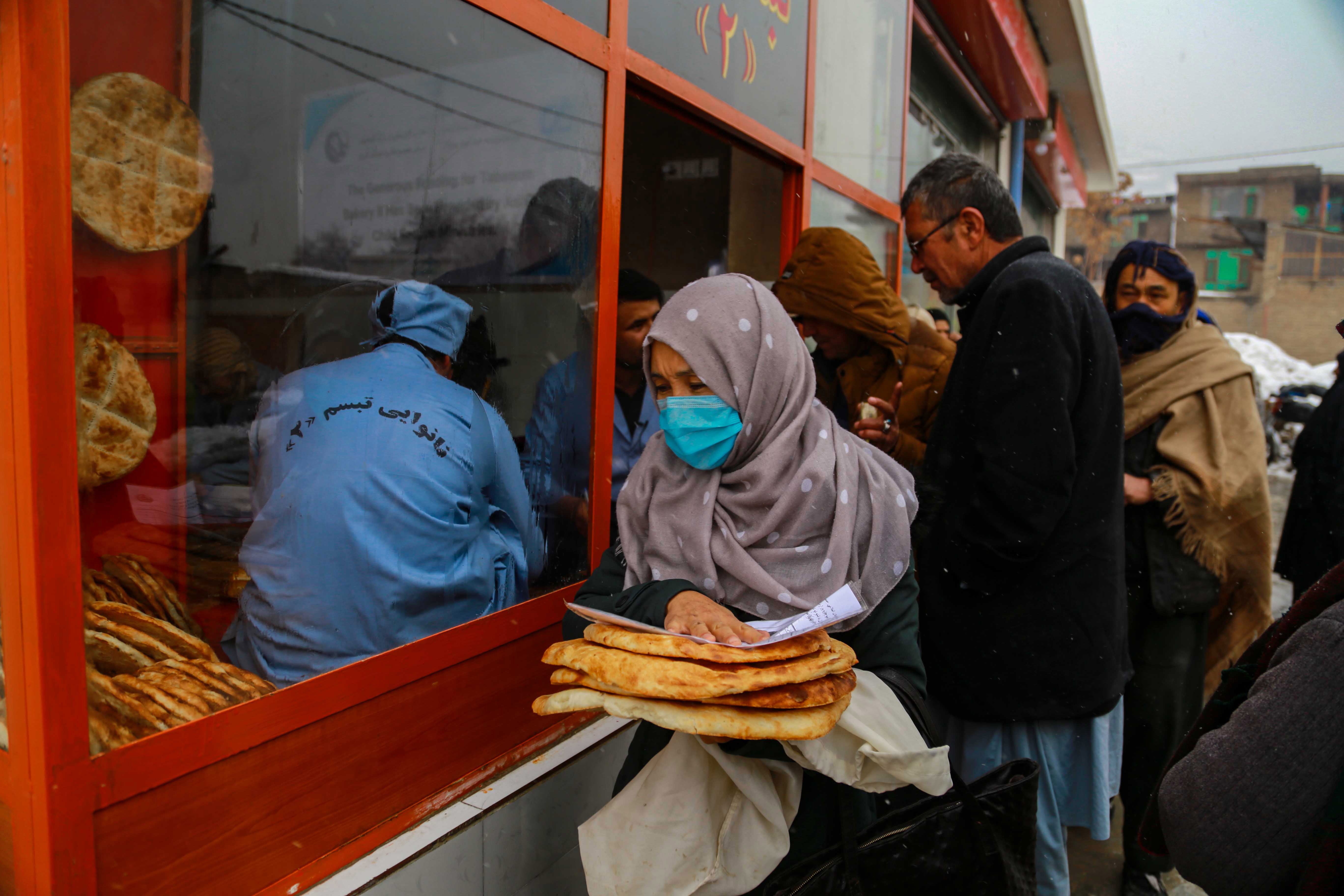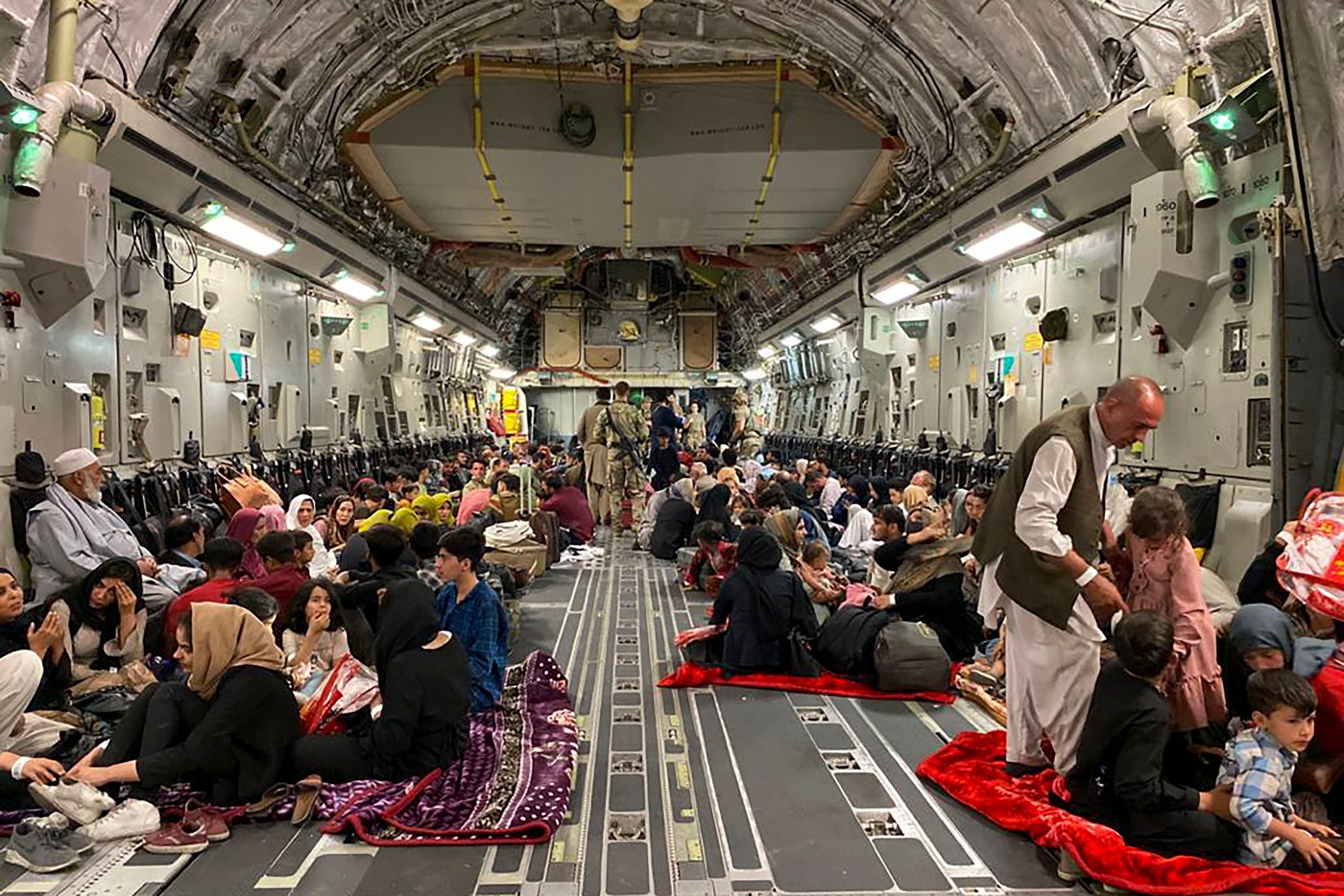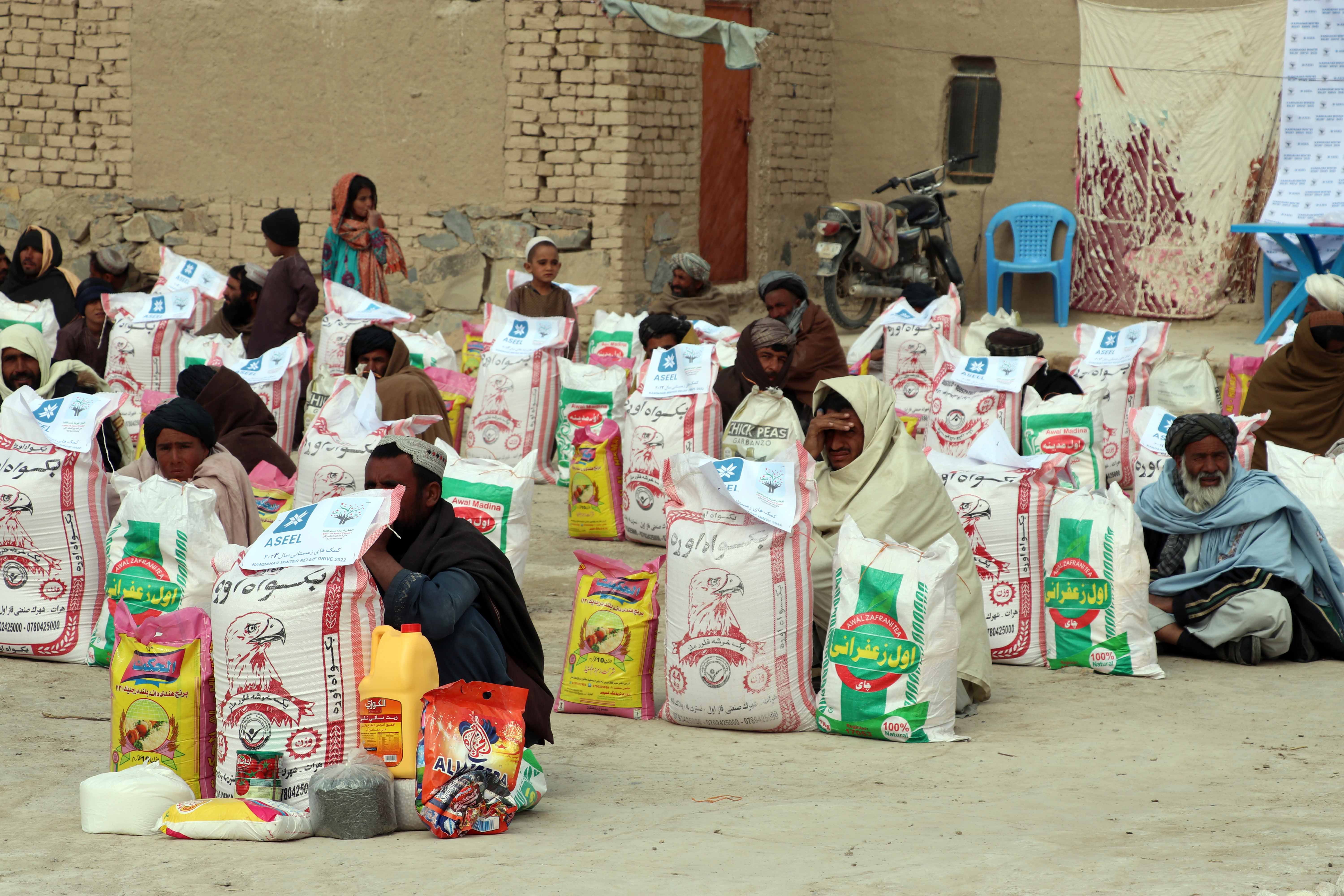Starving Afghanistan families sending children to work as incomes plummet after Taliban takeover
One million Afghan children have been sent out to work since the Taliban takeover in August 2021

Your support helps us to tell the story
From reproductive rights to climate change to Big Tech, The Independent is on the ground when the story is developing. Whether it's investigating the financials of Elon Musk's pro-Trump PAC or producing our latest documentary, 'The A Word', which shines a light on the American women fighting for reproductive rights, we know how important it is to parse out the facts from the messaging.
At such a critical moment in US history, we need reporters on the ground. Your donation allows us to keep sending journalists to speak to both sides of the story.
The Independent is trusted by Americans across the entire political spectrum. And unlike many other quality news outlets, we choose not to lock Americans out of our reporting and analysis with paywalls. We believe quality journalism should be available to everyone, paid for by those who can afford it.
Your support makes all the difference.Up to a fifth of starving families in Afghanistan have been forced to send their children put to work as incomes drop over the past six months, a survey has revealed.
Save the Children found that 18 per cent of families had sent their children out to work, with more than one million now estimated to be engaged in underage labour in the troubled country.
A survey of 1,400 households across seven provinces of Afghanistan found that 82 per cent of Afghans have lost their income since the collapse of the former government and the Taliban takeover last August. Almost a third reported that they had no choice but to send their children out to work.
A third of families have lost their entire household income and a quarter had lost more than half, with families living in cities being the worst hit.
Half of the families in the Afghan capital Kabul reportedly lost their entire income.
With the country engulfed in an economic crisis which led to a huge increase in prices, many families cannot afford food – 36 per cent of families surveyed are buying on credit in comparison to the 24 per cent that did so previously.
Almost 40 per cent are borrowing food from better-off families, compared to just a quarter of families previously.

As the economic crisis worsens, families are sinking further into debt and poverty, with 7.5 per cent reportedly begging or relying on charity to feed their families.
Laila, 12, lives in a displacement camp in Blakh Province with her mother and four siblings after her father was killed.
Before receiving help from Save the Children, she was working cleaning homes for the $10 (£7.40) a day. Her 15-year-old sister still goes out to work to help the family.
As part of the charity’s study, Laila said: “When I worked in people’s houses, it was very hard. I would go and work from morning till evening. I worked because I had to. I would go and bring home 10 Afghanis ($ 0.10) and buy tea with it for my family.”

Laila’s mother, Shugofa, 36, added: “How can I feel when a piece of my heart goes out and works for others? But what could I do? I felt sorry that my child must work cleaning people’s rubbish and dirt.
“Not having a breadwinner and having five children without a father, you can imagine how difficult it is. We sometimes eat only once a day, and other times we eat bread on its own, three times a day. I make the children eat less or once a day so that the food lasts for one more day. And we cook smaller quantities, to avoid running out of food for the next day. My children are weak and skinny.”
This winter, 14 million Afghan children are expected to face potentially life-threatening levels of hunger and rates of malnutrition continue to rise at alarming rates.

“I’ve never seen anything like the desperate situation we have here in Afghanistan. We treat frighteningly ill children every day who haven’t eaten anything except bread for months,” said Chris Nyamandi, Save the Children’s Director in Afghanistan.
“Parents are having to make impossible decisions – which of their children do they feed? Do they send their children to work or let them starve? These are excruciating choices that no parent should have to make.
“There is no shortage of food here - the markets are full. Yet children are starving to death because their parents can’t afford to pay for food. This could, and should, have been prevented. But it is not too late to prevent further tragedy if we act now.
“We’re doing everything we can to get families the help they need. But the truth is that humanitarian aid can only go so far. This is an economic crisis, and it needs an economic solution. Governments must find a way to unlock vital funds and unfreeze financial assets to prevent the crisis from spiralling any further.”
Join our commenting forum
Join thought-provoking conversations, follow other Independent readers and see their replies
Comments